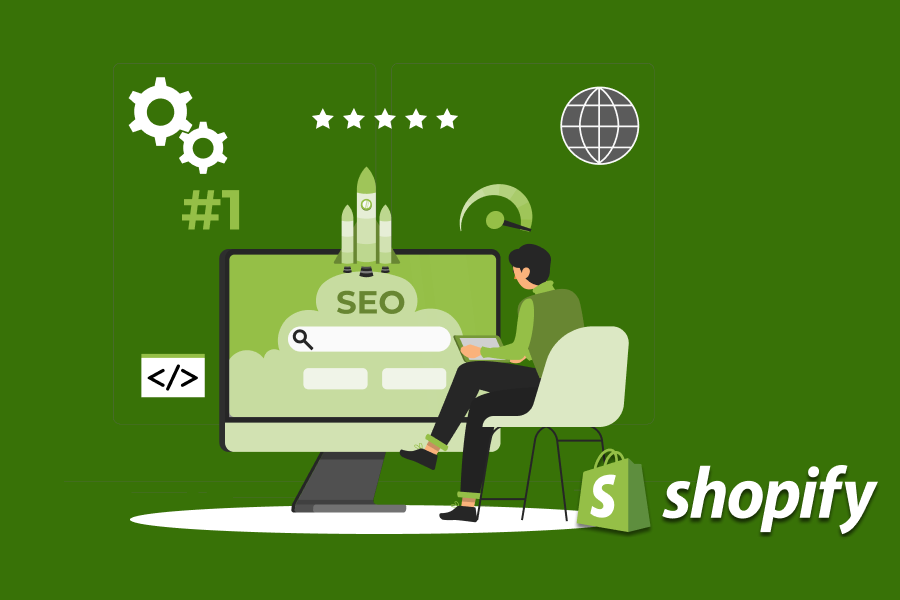A key element of growing industries is the surge in open application programming interfaces (API); through these programming tools, one can access data in the applications that did not originate or create the data. App stores and API are the foundation of high-value interactions and engaging interfaces between multiple applications. APIs in healthcare promise to enhance the digital portfolio with an ecosystem of third-party services and applications.
However, to understand whether an API application will deliver to the promise, one has to conduct a broad survey of the healthcare industry to solicit opinions and ideas about the challenges and opportunities represented by APIs. The healthcare industry has been witnessing a significant amount of enthusiasm for the broader availability of APIs to make it easier to access system records, develop the industry, and more innovative and responsive engagement systems.
In this article, we are going to discuss in detail the various aspects of incorporating APIs in healthcare and how it has grown exponentially over the past few months. With the current times, having easy access to medical services is a boon to patients and great financial support to medical service providers. We will discuss at length the multiple challenges, opportunities, and a few tips that you must know before incorporating APIs in your healthcare organization.
The Challenges of introducing APIs in Healthcare
With healthcare data being accessible using open standard application and software interfaces, it could improve the overall industry’s functioning. By facilitating the development of healthcare APIs, information regarding patients can be shared across with doctors, medical service providers, multiple healthcare organizations, and medical researchers around the globe. However, one cannot overlook the challenges related to efficiency, accuracy, safety, utility, privacy, and security that must be met by the emerging APIs and software applications, and ensure this innovation can connect patients to all sorts of healthcare data from their home’s comfort.
The Opportunity of API in Health Care:
High Potential: IT Organizations, various healthcare organizations, and clinical leadership do not require any convincing about the multiple opportunities and the potential API offers and bring on the floor once introduced to the healthcare industry. Most medical organizations expect APIs to deliver enhancement in carrying out medical functions, fastening the process of retrieving data, improvements in the user interface, and broader dissemination of digital assets and records across various connected communities.
Only Large Healthcare organizations can invest: With the expense and the current situation at hand, many healthcare organizations are hesitant about investing in new technology. Only large healthcare organizations are willing to shed and expend time and resources on introducing APIs to their system. However, once other healthcare organizations see success and seamless functioning, they will naturally dwell in the business.
Introducing APIs will help Healthcare Organizations to build new care models: Healthcare organizations are active in the process of exploring care models that can drive better care coordination, healthier patients, and help them deliver high-quality service. Multiple healthcare organizations see APIs as an extension of the new and improved care model that will improve applications to support the change required to implement a successful care model.
It will help spread expertise: With the API making every information available at the click of a button, it will provide healthcare organizations with advanced analytics, new treatments, and multiple ways of treating ailments. This exchange of information and knowledge among healthcare organizations will increase the effectiveness of existing applications and improve individual healthcare service providers’ expertise.
Smaller Healthcare Organizations will follow: With the current situation, smaller healthcare organizations are dealing with the moment’s tyranny. Once the tangible results regarding the effectiveness of APIs in healthcare are out and healthcare leaders demonstrate the efficiency and utility of an API-based infrastructure, smaller healthcare organizations will dive right into it, making healthcare facilities available to patients in rural areas.
Things you must know before incorporating APIs in your Healthcare organization:
Have a clear Business Idea and Clinical Justification: The stance of most healthcare organizations stems from demands and wait and see the stance of your competitors and how they are reacting to the current demand. Keeping the practical reality in mind and how functional the existing process is will give you a clear idea about whether you must invest in incorporating an API based software in your organization.
Certainty in Payments: Most experts believe that people are hesitant when paying for an app. As a healthcare organization, you must ensure that your API or software provides actionable data and has a demonstrable value.

Legacy: Healthcare industry is one of the rare sectors that has not welcomed a full-blown digital system yet. Keeping that in mind, patients may not be welcoming to the idea of APIs initially; you will have to slowly incorporate it in your system, allowing people to accept the change. Initially, it is not necessary to move to a wider market. It is a slow and steady process of pushing ahead technology in the mainstream healthcare system.
What we are saying is…
The idea and the potential benefits of introducing API based software in the healthcare industry have not surfaced yet. The beliefs are mixed whether medical service providers and patients should be API-based software users; however, they do agree that a few software does deliver value in the long term. Yet, we have to emphasize that there are great value and potential for software applications and APIs in the healthcare industry that will help promote patients’ better adherence.
Most believe that APIs and applications are the linchpins that will allow a vibrant and diverse marketplace for medical service providers, patients, and multiple medical organizations. The introduction of these applications will benefit both ends of the coin, improving their financial and health status.
Building a new API based system will be a new undertaking for healthcare organizations. However, it is safe to say that there is no other effective way of building a system that will record all patient data and be a platform of engagement for various healthcare service providers, medical students, medical organizations, and patients and doctors.

 Web and Full Stack
Web and Full Stack CMS and Frameworks
CMS and Frameworks Online Marketing
Online Marketing Cloud Services
Cloud Services ECommerce
ECommerce Mobile
Mobile



